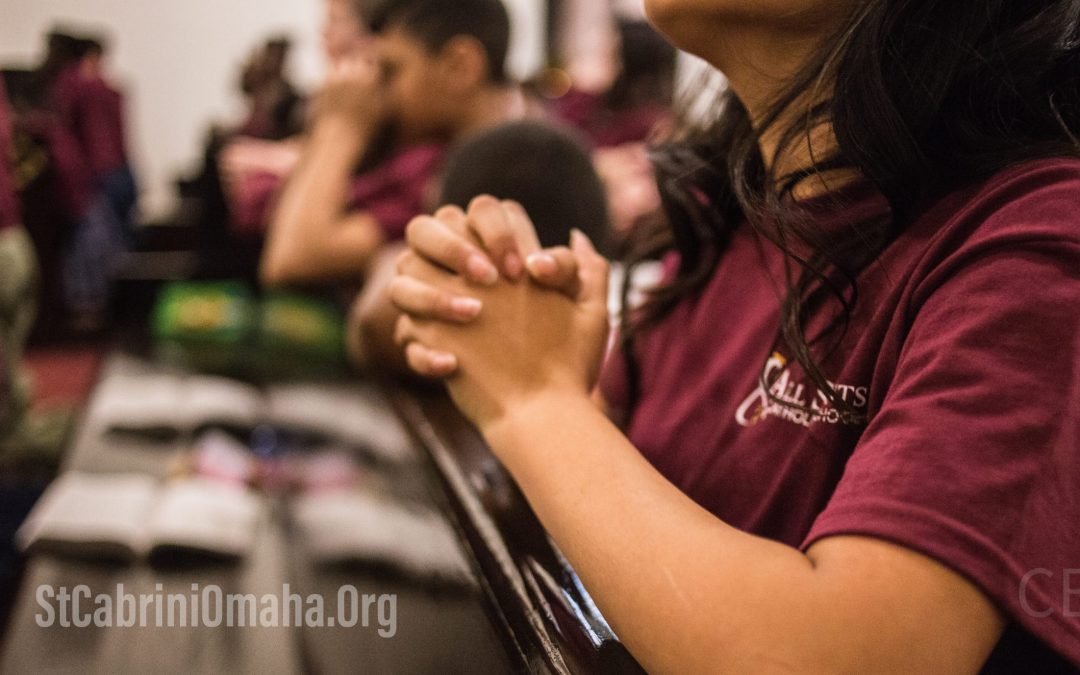Dear Friends,
The students at All Saints School came back this week after a very long break. It was wonderful to see them sitting on different corners of the campus, maintaining social distance, and yet learning together again. I pray it is something that can continue without a spike in the number of COVID cases.
Watching them engaged in learning got me thinking about the whole purpose of our educational system. What is the goal of providing an education to children? The answer to that seems to be a point of contention.
Responses, of course, vary. People might say: getting into college, or fulfilling career dreams, or becoming a key contributor to the wider world. Those are all fine and good, but is that really what we are doing? And what about those students who will not achieve “greatness” in the economic world? Life circumstances guarantee that not everyone is able to go on to higher education, become a scientist or even attain competence as a reader.
If we went back to our Catholic tradition, we might find a healthier answer. Our tradition, drawing on classical education’s past, has carried the torch for a different goal for education, the formation of the soul. When the aim is set upon training well-formed and virtuous souls, then everything else falls into place. We are building up the Kingdom of God and the people who have a role in that kingdom.
In the long history of teaching students, the Church has seen a proper education as something that is accessible to all. Some students, like me, will not master calculus nor will they write beautiful poetry, even if they put forth their utmost effort. Does this make them failures? Only if your ultimate goal is academic achievement. Not every graduate of a Catholic school will become wealthy. Not everyone is equipped with the abilities to reach the same level academically, but all people are capable of striving towards virtue and moral maturity. An education that believes the soul, rather than the mind, is of primary importance can offer success to all of its students.
If virtue is the goal, teachers are freed to give students feedback based on the quality of work without the fear of fighting with them over a grade. Teachers who have the student’s soul and heart in focus can know that giving honest feedback can be the fuel that leads to perseverance, integrity, courage, humility and responsibility. They can also tell a student whose heart is virtuous but who is not capable of learning the material that they are not a failure.
A virtuous graduate is one who is wise and loving. We want graduates who will be the type of person who will create a better world simply by being who they are. They will have learned through spending time with our teachers and staff that they are loved by God, gifted by God and called by God to share what they have been given with others.
In spite of COVID, our students need to continue to learn what it means to be virtuous, to be wise, to be loving. The education they are receiving is not just for today and not simply to make them rich. The goal is to prepare them for a life with God and the family of God – forever.
Peace,
Fr. Damian



